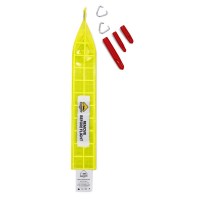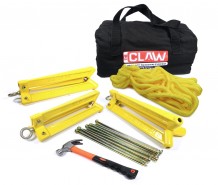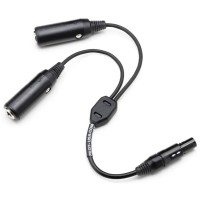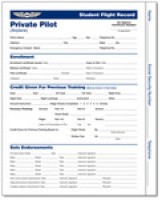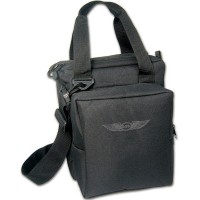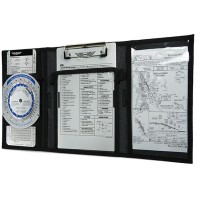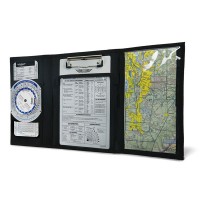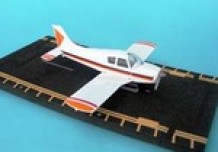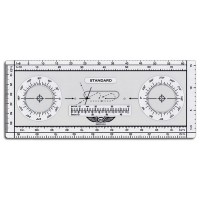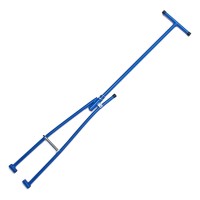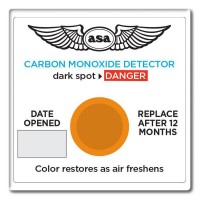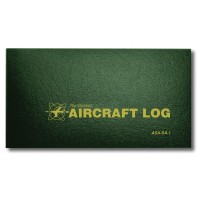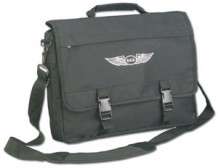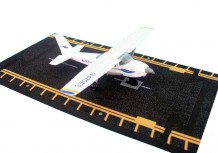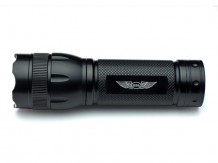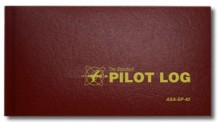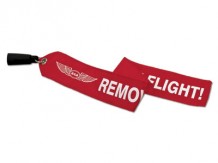Aircraft Spruce Canada
Brantford, ON Canada
Corona, CA | Peachtree City, GA
Chicago, IL | Wasilla, AK
ASA Transition to Twins
Overview
|
This is one of the most concise and well-illustrated books on flying twin-engine airplanes available. It covers all facets of multi-engine flight with these features:
Orientation to multi-engine terms, definitions, and systems
Transition to Twins provides information and advice to pilots undergoing their first Multi-Engine Rating, and is one of the most concise and well-illustrated books on flying twin-engine airplanes. This manual covers all facets of multi-engine flight:
|
Specifications
- Page Count: 220
- Illustrations: Black and white
- ISBN Number: 978-1-64425-113-3
- Copyright: © 2000-2024 Aviation Theory Centre Pty Ltd. All rights reserved.
- Date Published: 2000
Author Details
- David Robson (1944-2023) was a career aviator having been nurtured on balsa wood, dope (the legal kind) and tissue paper. He made his first solo flight shortly after his seventeenth birthday, having made his first parachute jump just after his sixteenth. His first job was as a junior draftsman (they werenít persons in those days) at the Commonwealth Aircraft Corporation in Melbourne, Australia. At that time he was also learning to fly de Havilland Chipmunks with the Royal Victorial Aero Club.
- He joined the Royal Australian Air Force in 1965 and served for twenty-one years as a fighter pilot and test pilot. He flew over 1,000 hours on Mirages and 500 on Sabres (F-86). He completed the Empire Test Pilotsí course in England in 1972, flying everything from gliders to Lightning fighters and Argosy transport aircraft. He completed a tour in Vietnam as a forward air controller flying the USAF O-2A (Oscar Deuce). In 1972 he was a member of the Mirage formation aerobatic team, the Deltas, which celebrated the RAAFís 50th anniversary.
- After retiring from the Air Force he became a civilian instructor and lecturer and spent over ten years with the Australian Aviation College, a specialized international school for airline cadet pilots. During 1986-88 he was the editor of the national safety magazine, the Aviation Safety Digest, which won the Flight Safety Foundationís international award. He was awarded the Australian Safety Foundationís Certificate for Air Safety.
- David held an ATP license and instructorís rating. His particular ambition was to see the standard of flight and ground instruction improved and for aviation instruction to be recognized as a career and be adequately rewarded.
Version Types
eBook PD - A protected document that looks identical to its print book counterpart. Exact formatting and layout of the print books is maintained (text, images, margins, page breaks, etc.). Displays best on 10-inch or larger screens. Not recommended for small screens (phones) which require you to zoom in and pan around to see the full page. This document is not a .pdf file type. It is a .acsm file type. See http://asa2fly.com/use-ebooks for more details on how to setup your device.
eBook EB - A protected document designed for reflowable content. Also referred to as an ePub or "Electronic Publication" format. Easily viewed on both small and large screens. Text, images, and pages will adapt or reflow to fit the screen size of the device, so zooming is not necessary to read. Text size can be adjusted in an ebook reader app. Visit http://asa2fly.com/use-ebooks for more details on how to setup your device.
eBundle - Includes both the print book and eBook PD.
Q&A
Please note, Aircraft Spruce Canada's personnel are not certified aircraft mechanics and can only provide general support and ideas, which should not be relied upon or implemented in lieu of consulting an A&P or other qualified technician. Aircraft Spruce Canada assumes no responsibility or liability for any issue or problem which may arise from any repair, modification or other work done from this knowledge base. Any product eligibility information provided here is based on general application guides and we recommend always referring to your specific aircraft parts manual, the parts manufacturer or consulting with a qualified mechanic.

 Aircraft Spruce Canada
Aircraft Spruce Canada






